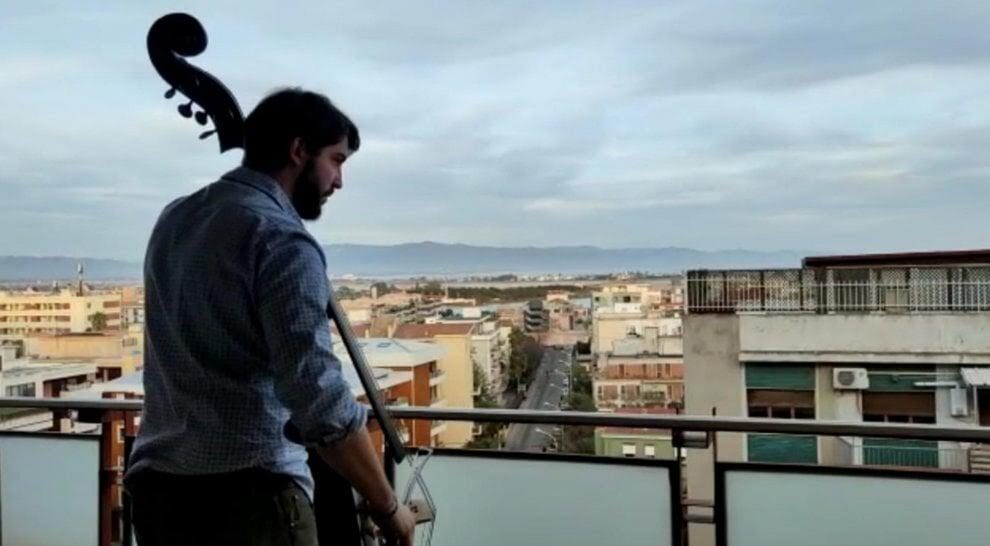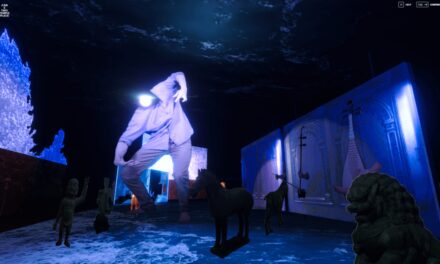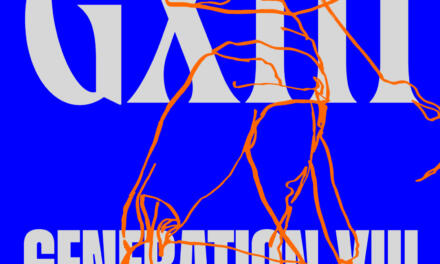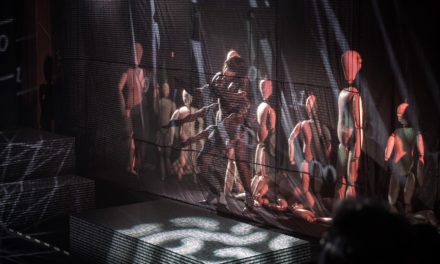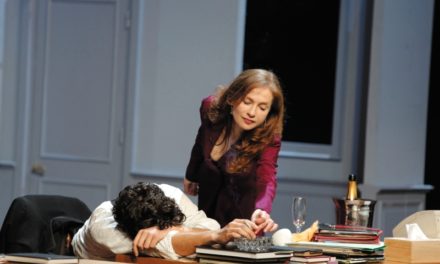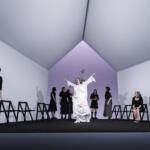In Italy, in the hard times due to the national sanitary alert for COVID-19, everyday life is completely destroyed. The number of deaths is constantly increasing, and anguish is the dominant feeling. In this tragic condition, towns are paralyzed but the silence must be an opportunity to reflect in-depth on our existence. Paradoxically, the isolation reveals the inner meaning of all and we can better understand the value of culture and its basic position in our life. Among the disastrous effects on the economy of the country, COVID-19 has also provoked the obligatory closing of all the theatres for prudent reasons. In this emergency, seasons have been abruptly interrupted and many productions have been stopped – even before their debut. The damage is incalculable for the theatres, the artists and the audience.
Dr. Tommaso Sacchi, president of the Fondazione Teatro della Toscana, announces the closing of Teatro Della Pergola and Teatro Niccolini in Florence, Teatro Studio “Mila Pieralli” in Scandicci and Teatro Era in Pontedera (March 6, 2020).
It is quite impossible to imagine returning to a “regular” life. Empathy, which is the lymph of any artistic production, is banned. The lockdown is forbidding any human contact which now, more than ever, makes us realize the spiritual benefits of live entertainment based on the relationship between actors and the audience. Italy has become a great “Red Zone” and – for obvious reasons – we have to maintain a safe distance from each other in any situation. No kisses, no hugs, no shaking hands. It is a sacrifice for the health of the country.
“It is difficult to leave emotions a meter away,” says Matthias Martelli, an actor who is considered the heir of Dario Fo. His message transmits hope to all the artists, far from their work: “We will return to plant the seed of wonder and imagination.” The reward for this effort will be immense in its moral and civic value. He states, “We will be back. And we will try again (perhaps in vain) to germinate what we need most, today more than ever: humanity.”
A Meter Away, a monologue of the actor Matthias Martelli (March 12, 2020).
In extreme situations, resilience is the spiritual resource that allows us to survive with a renovated strength. This virtue is the result of vital instinct, the fight for life and the love for beauty. It is based on the ancestral desire to win over our fear, rediscovering individual power and the sense of community. It is both a personal and collective experience that creates a real metamorphosis. For many historical reasons, Italian people have developed a special resilience that has saved us from wars, earthquakes, famines, cholera and many other troubles. Two masterpieces of Italian literature come from the sanitary alert for the plague, The Decameron by Giovanni Boccaccio and The Betrothed by Alessandro Manzoni. The Italian capability to be reborn from the ruins – to transform a disgrace into a new possibility – is also relevant for artistic implications.
Balcony performances in many Italian towns (March 13, 2020).
One form of Italian resilience against COVID-19 is the balcony performance. With the lockdown, this is one of the only opportunities to be together for a few minutes and maintain the safe distance imposed for prudence. Families are using the balconies of their private habitations as a stage, transforming squares and streets of many Italian towns into new performance spaces. Singing together means together winning the fight against COVID-19. It is not a planned anthropological experiment, but a sincere and spontaneous manifestation of patriotism in a terrible moment in history.
Balcony performances in many Italian towns (March 13, 2020).
During the day (usually at noon or after dinner), the unreal silence of the country is broken by the choral singing of the Mameli Anthem and other famous popular songs. There are also short concerts by musicians. Opera singers have offered the famous aria Nessun Dorma (from Puccini’s Turandot) which remains immortal in the collective memory thanks to the great tenor Luciano Pavarotti. The Italian flag hangs in many windows. Theatres are closed, but the love for art is still alive in Italian hearts. It is the miracle of our faith for a better future.
This post was written by the author in their personal capacity.The opinions expressed in this article are the author’s own and do not reflect the view of The Theatre Times, their staff or collaborators.
This post was written by Maria Pia Pagani.
The views expressed here belong to the author and do not necessarily reflect our views and opinions.

